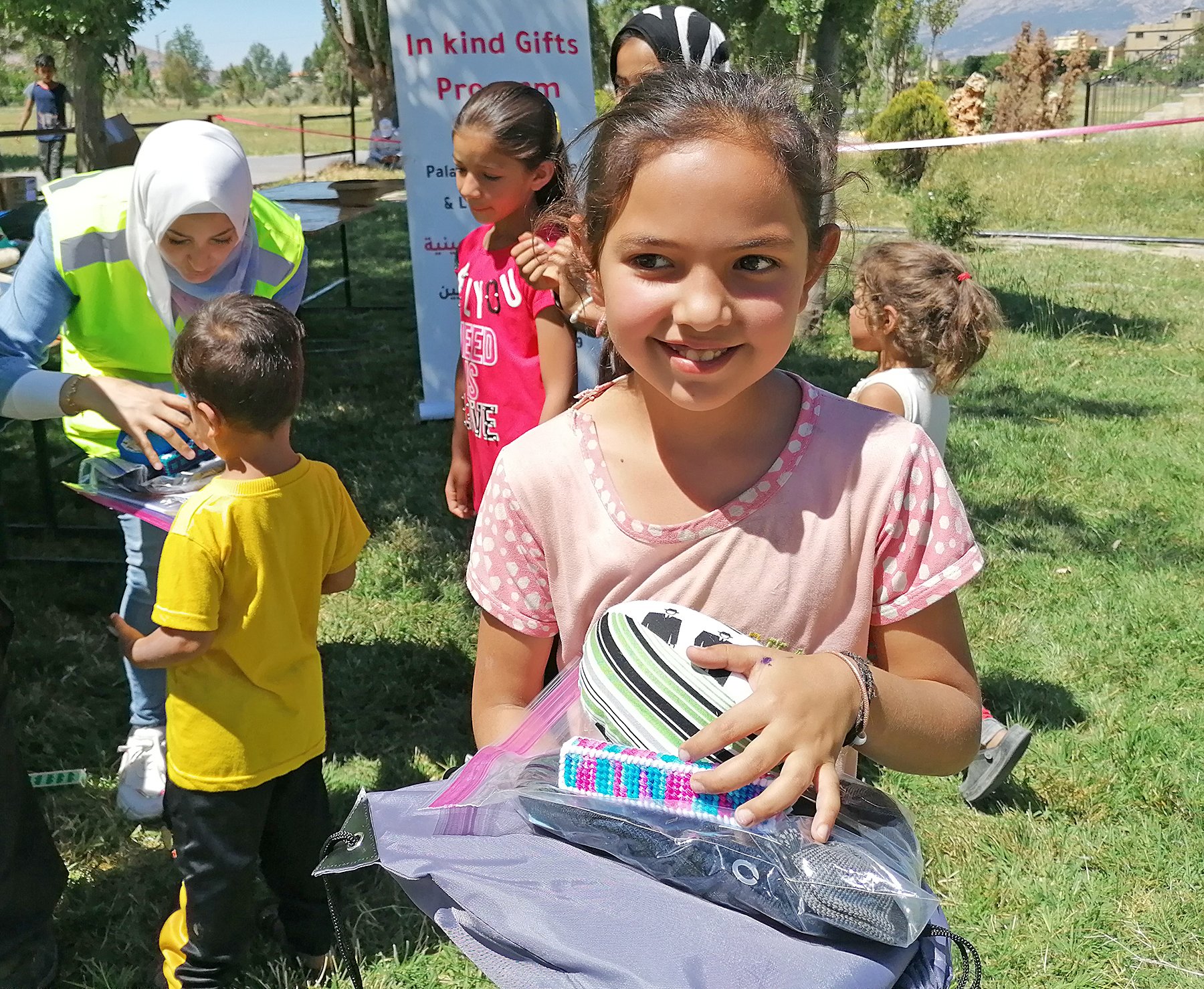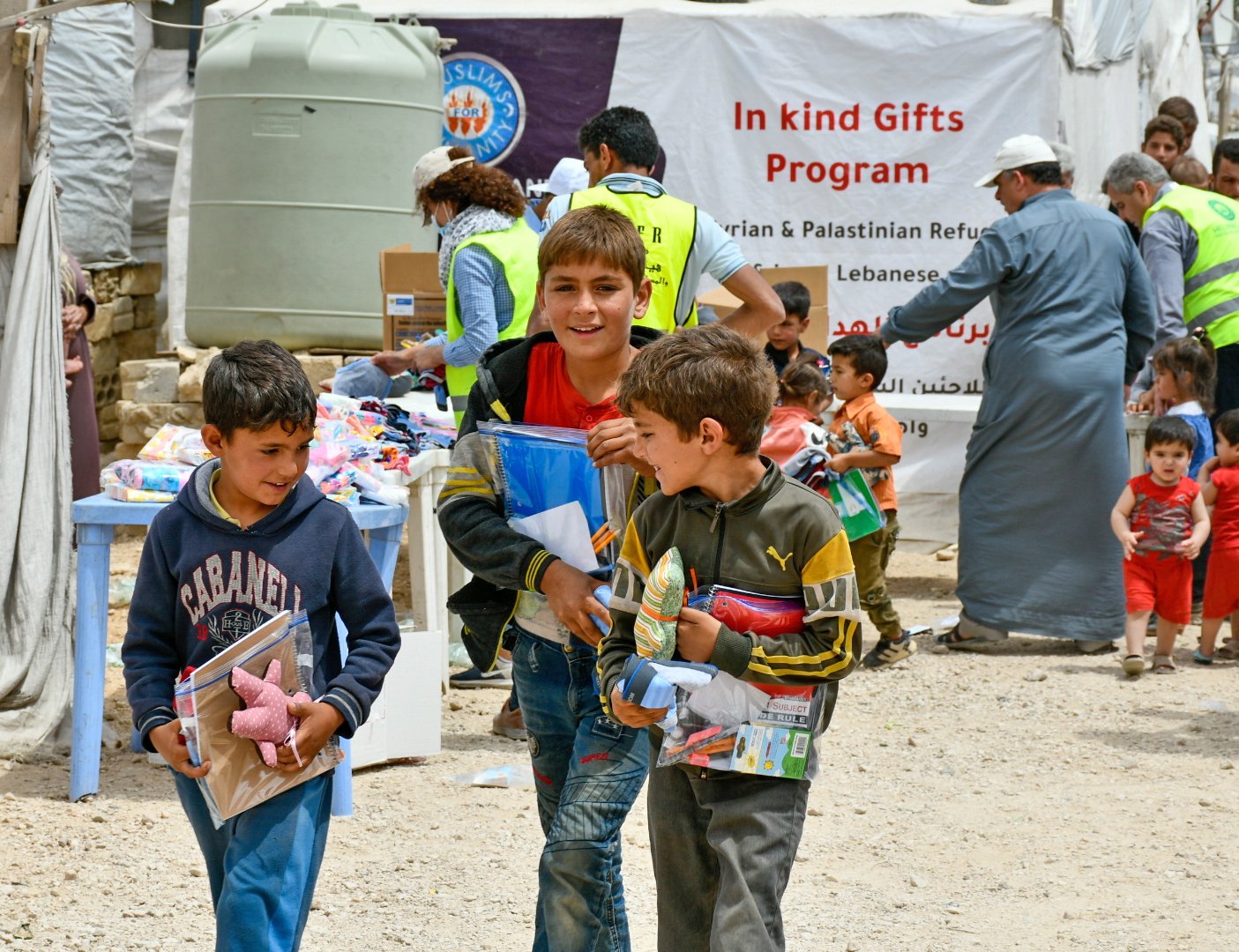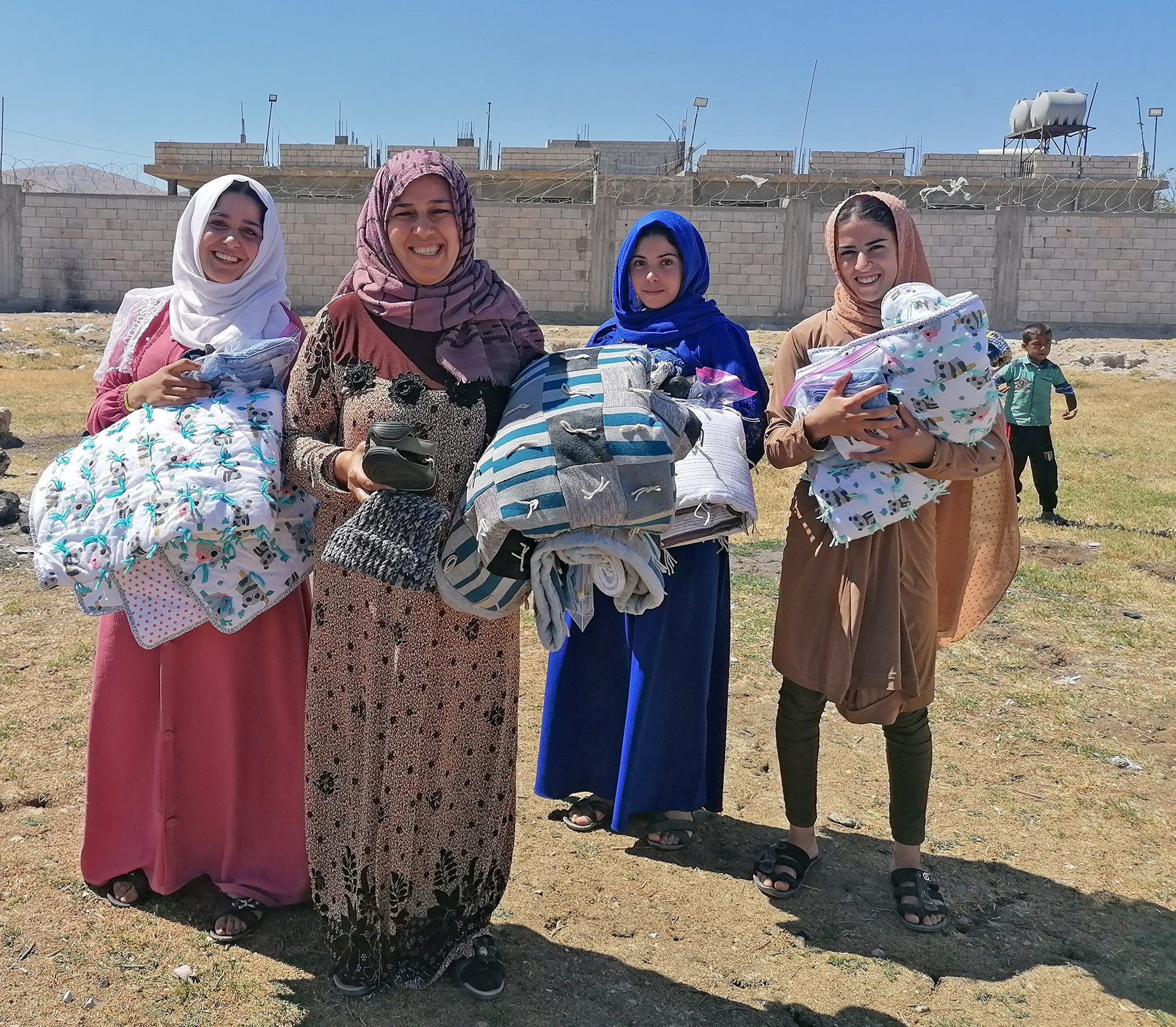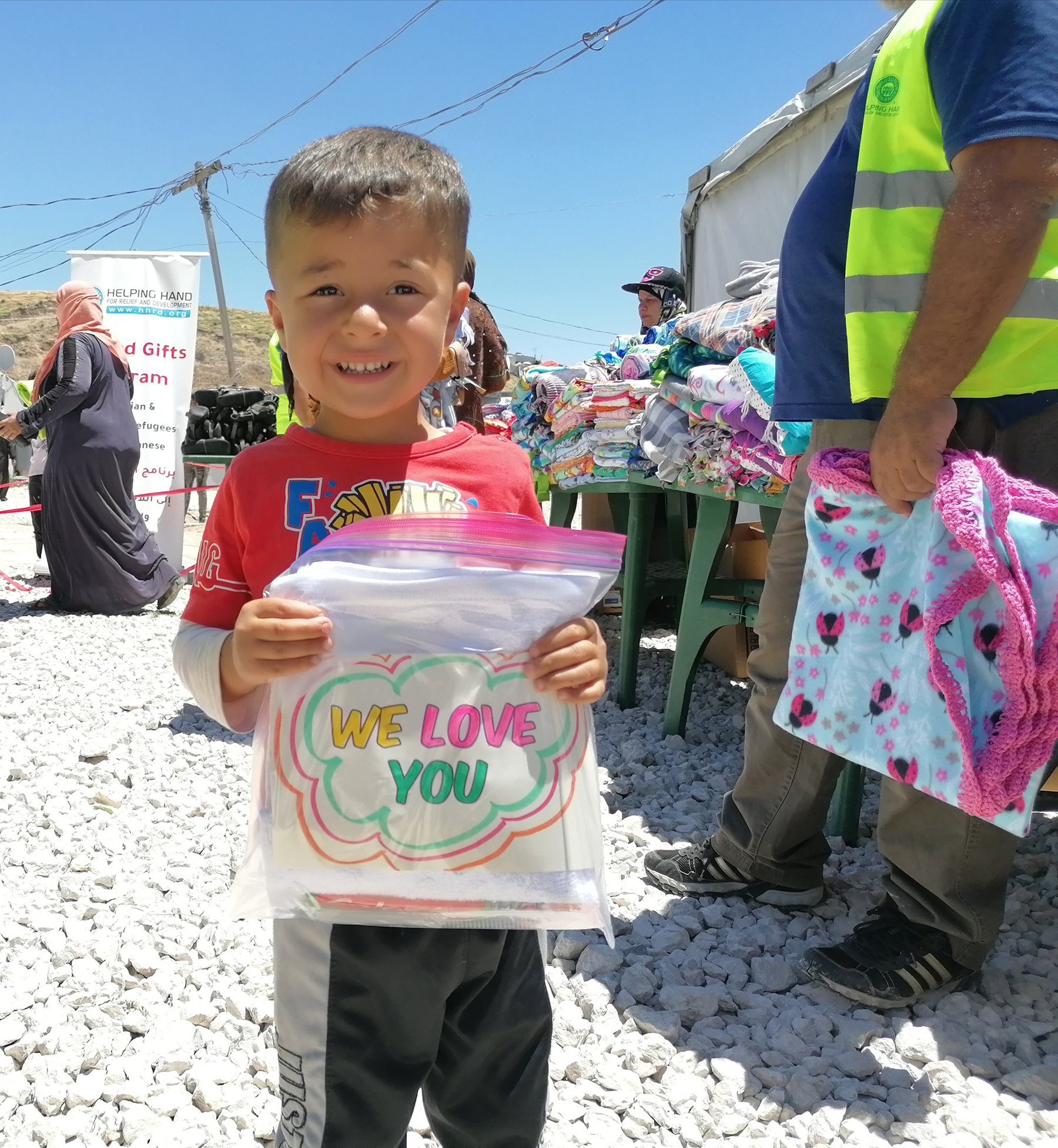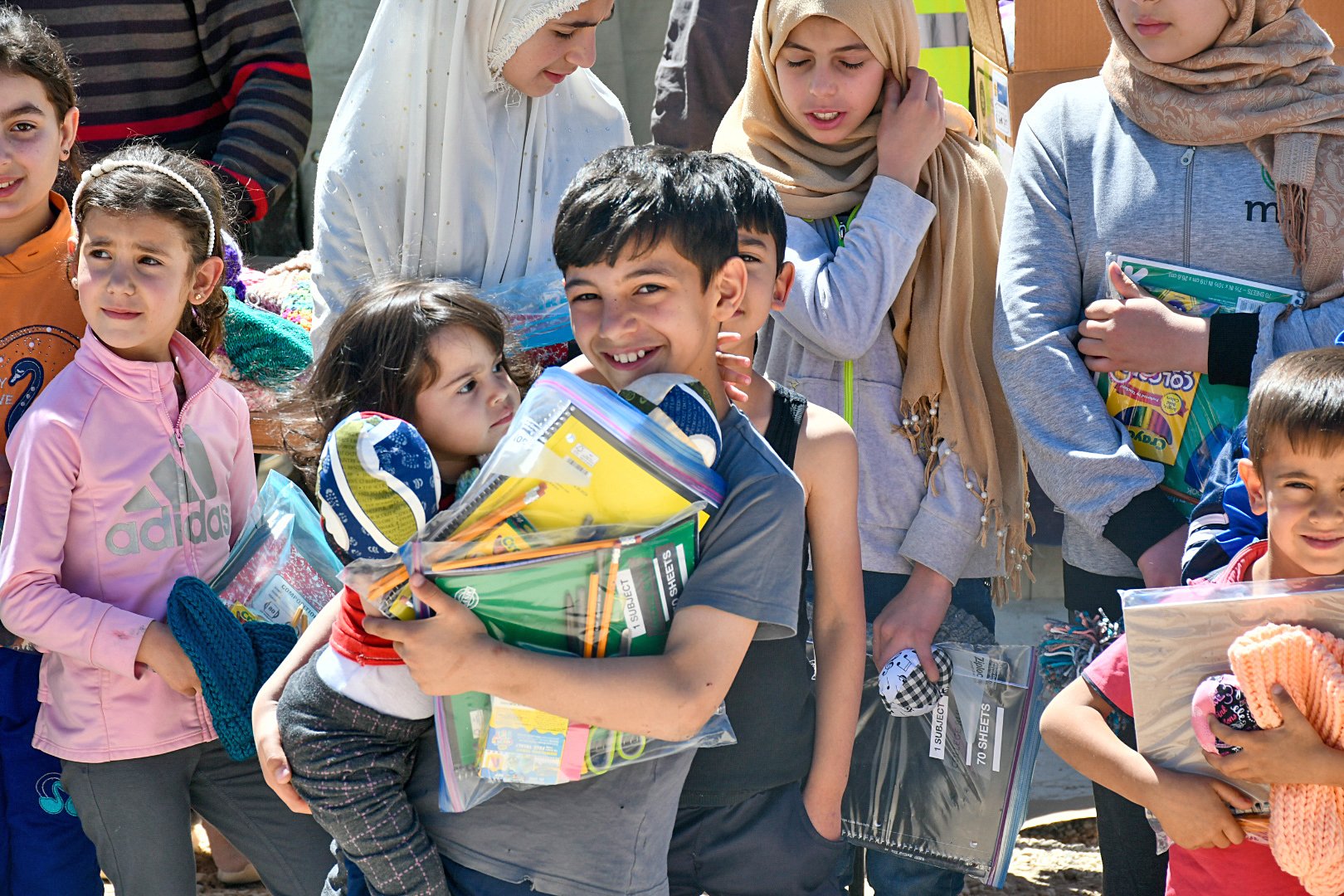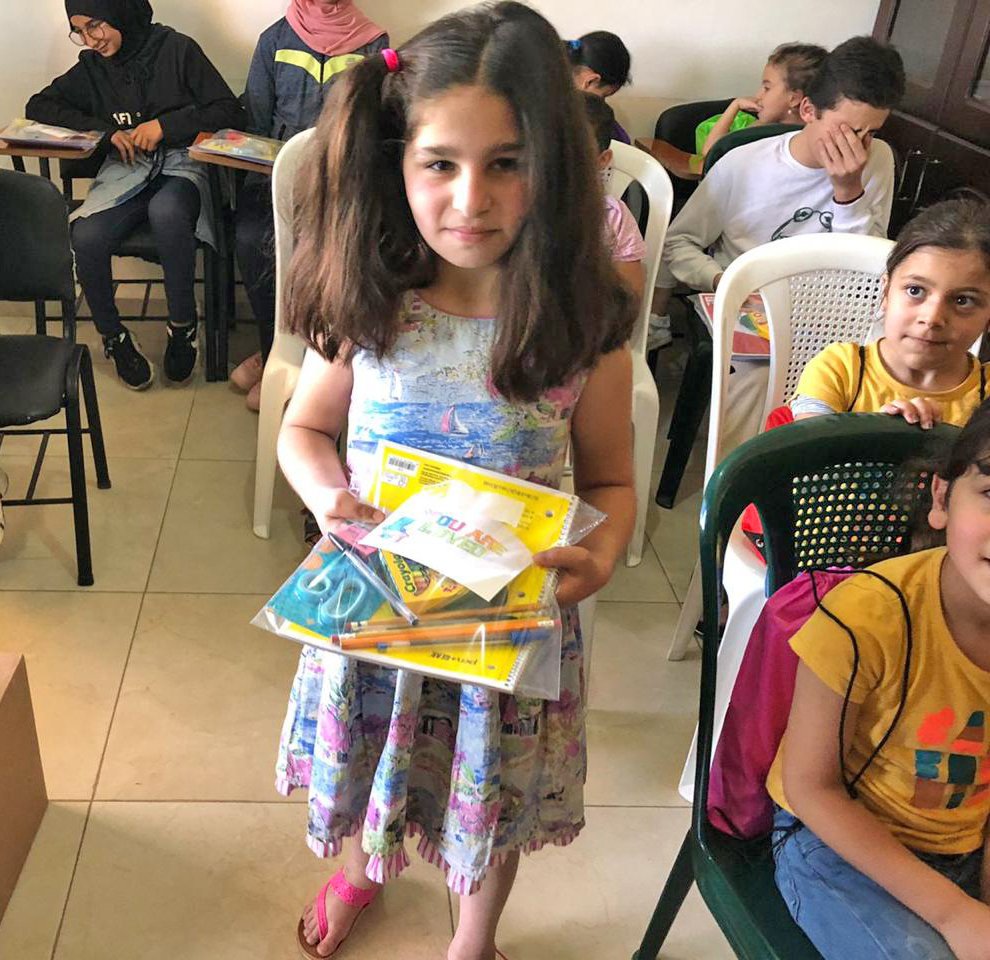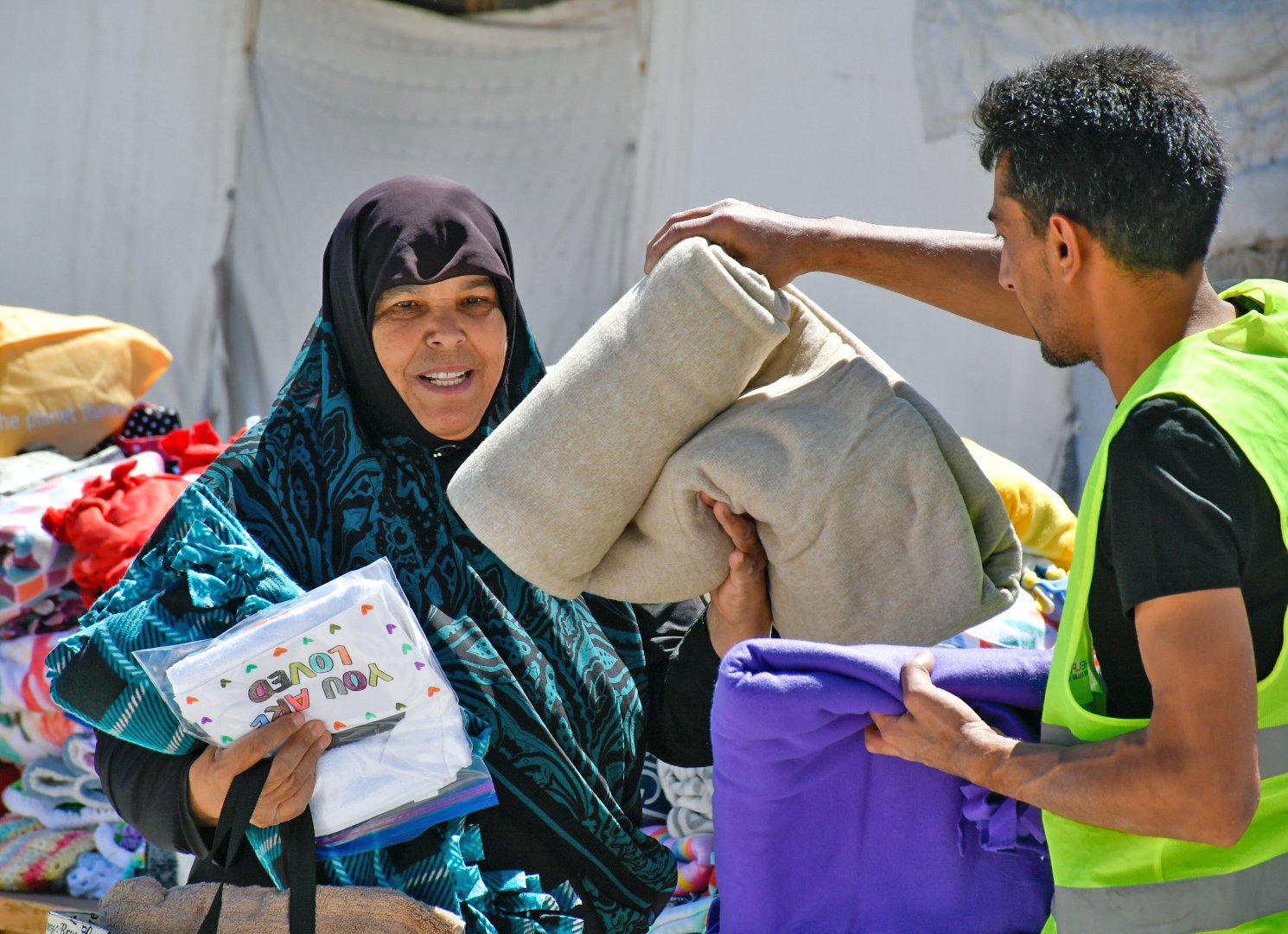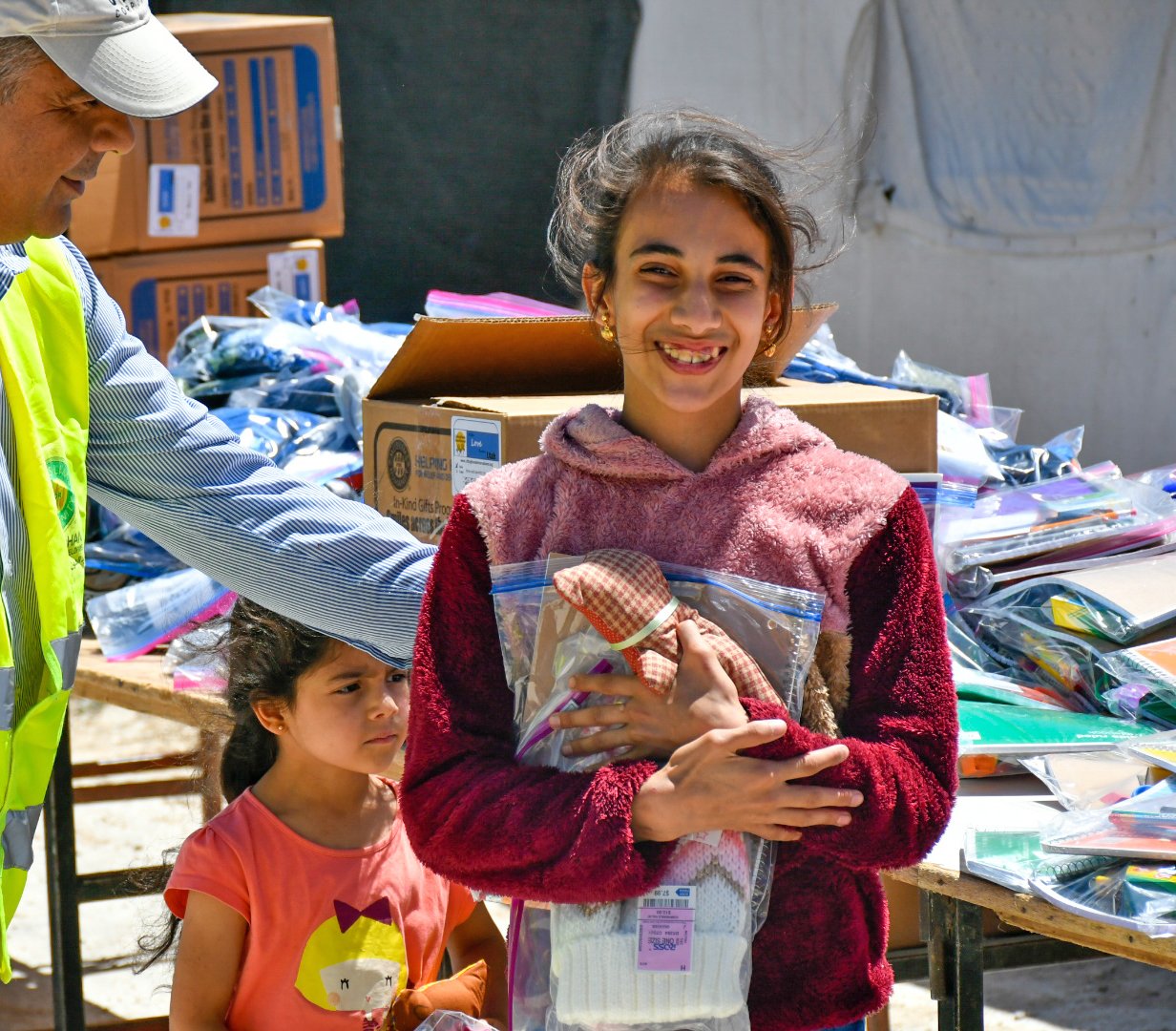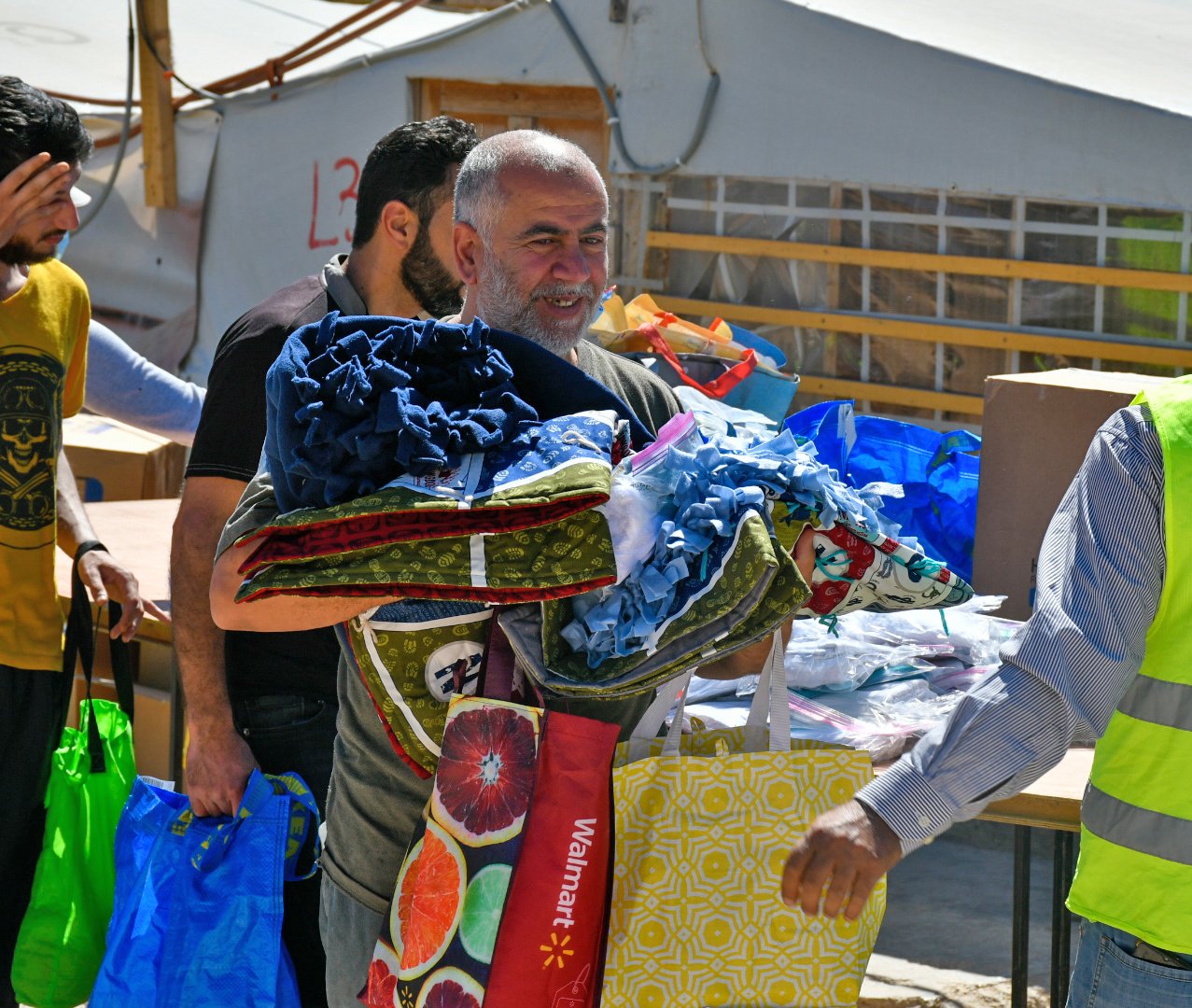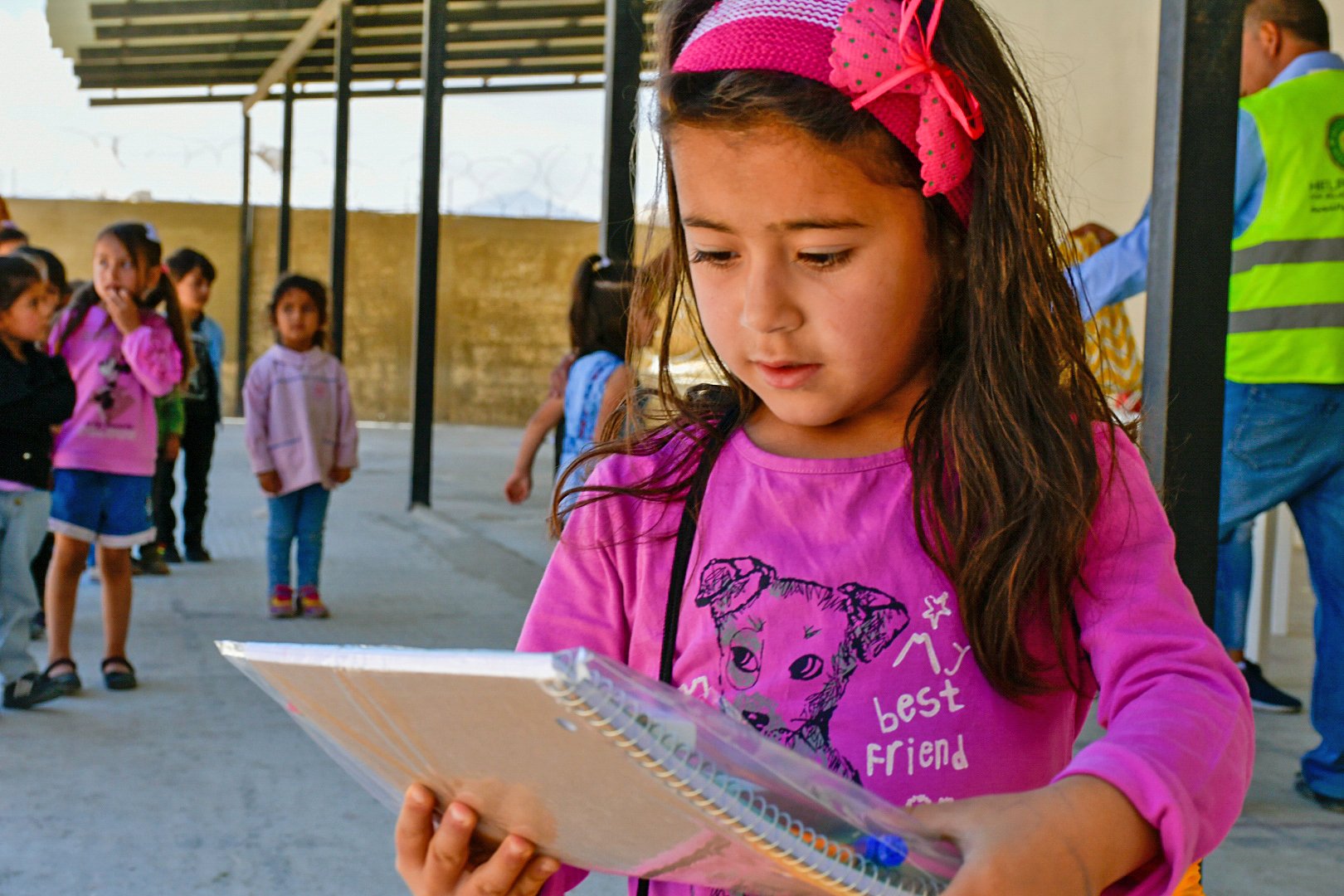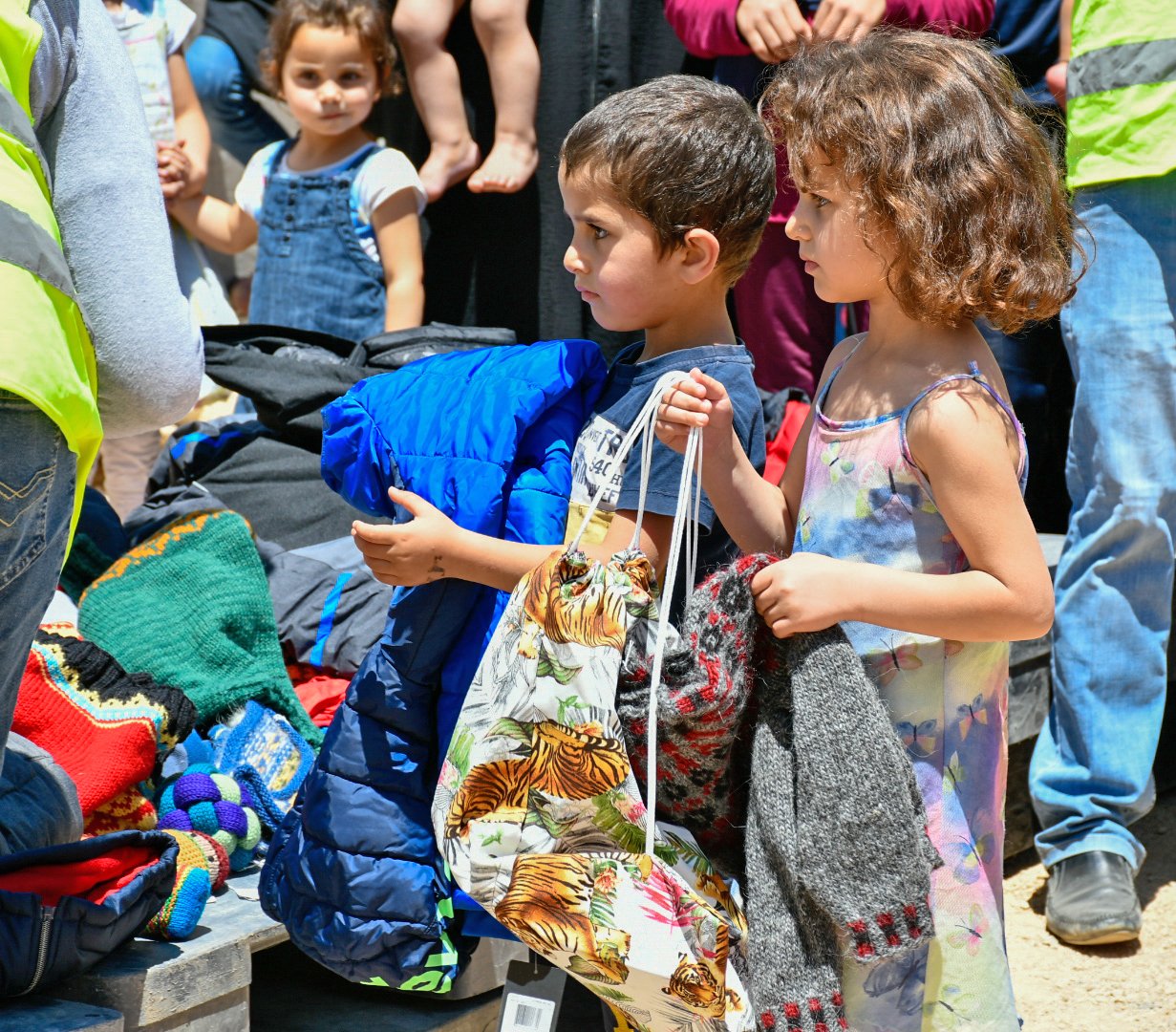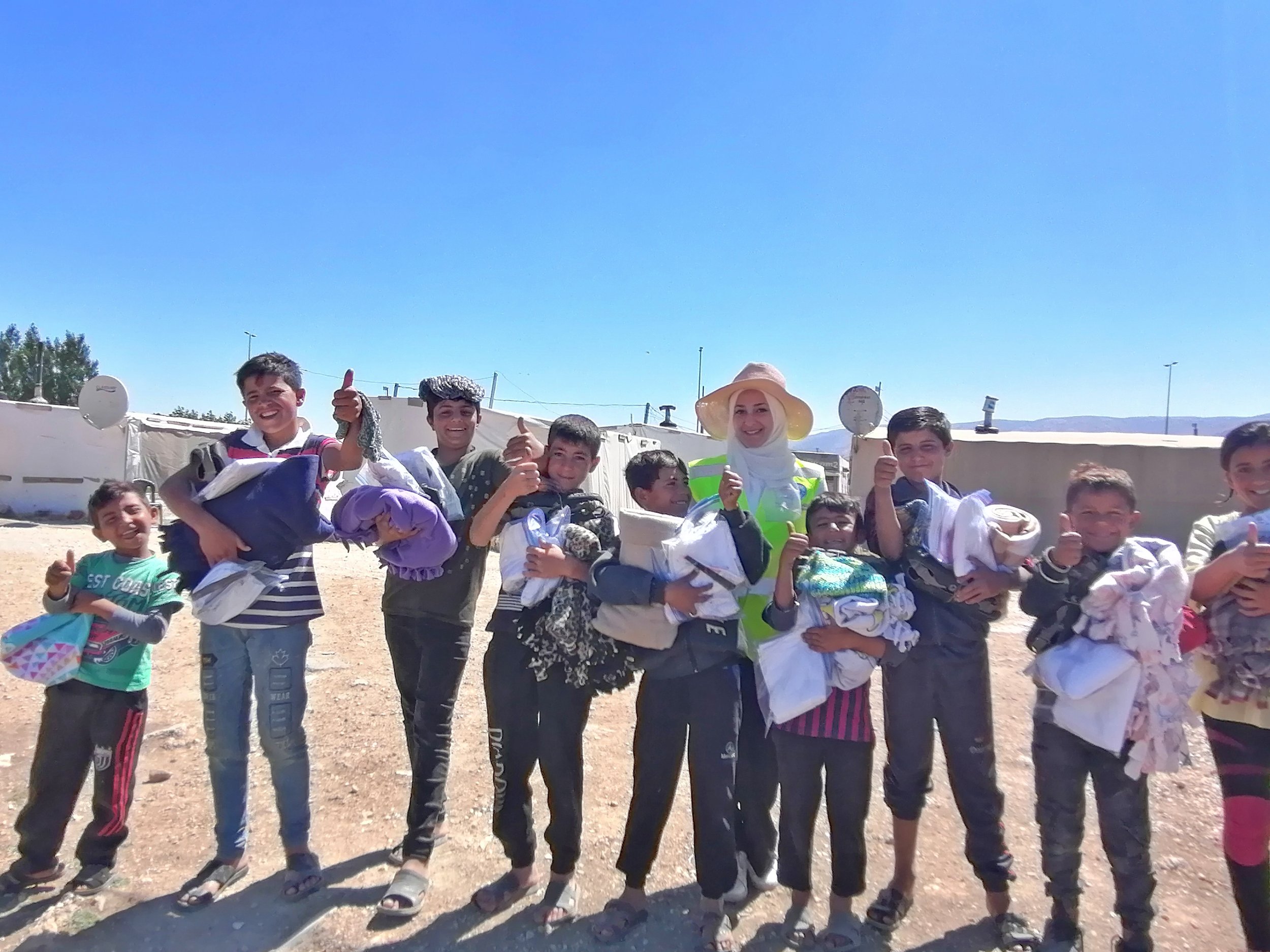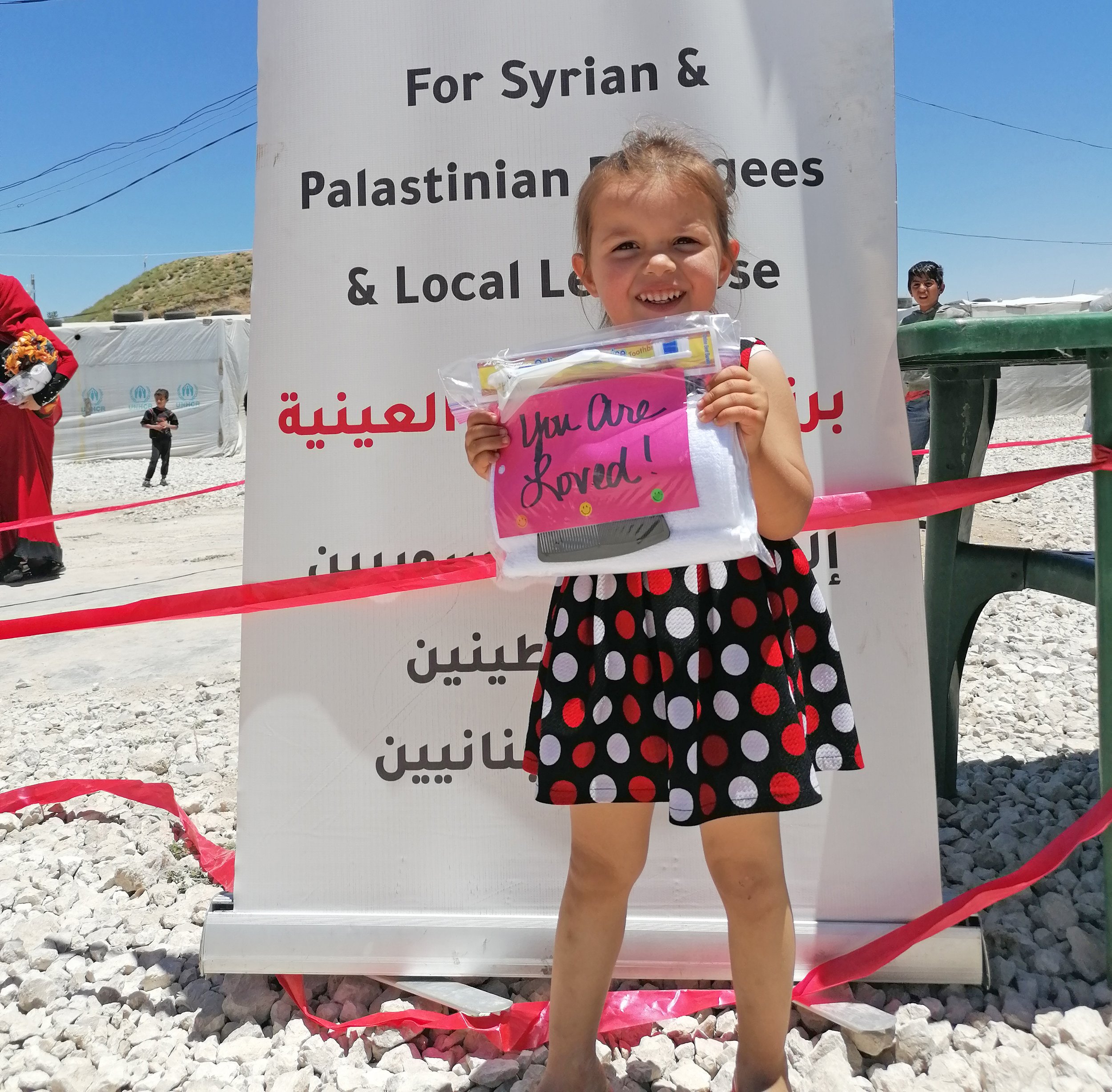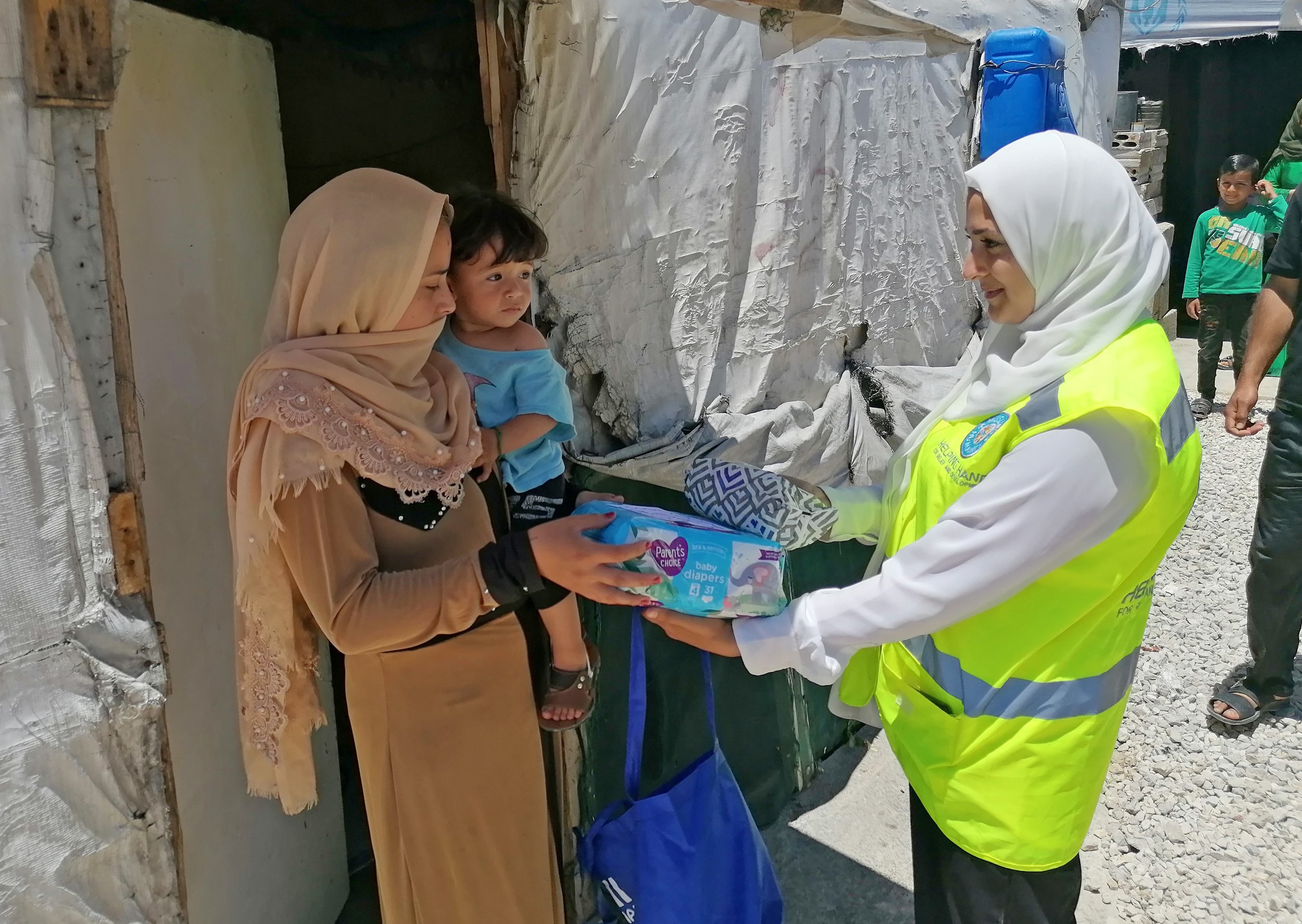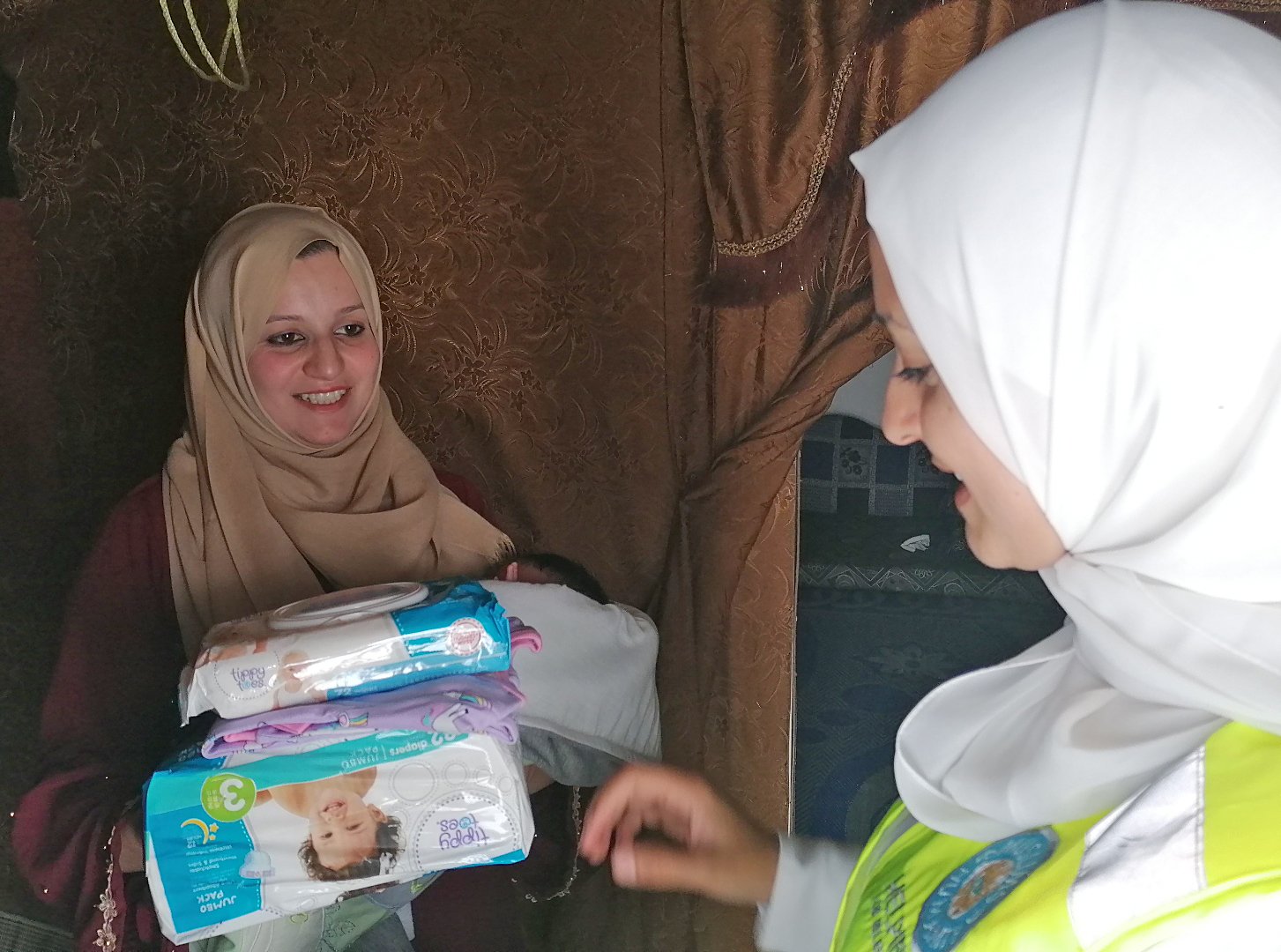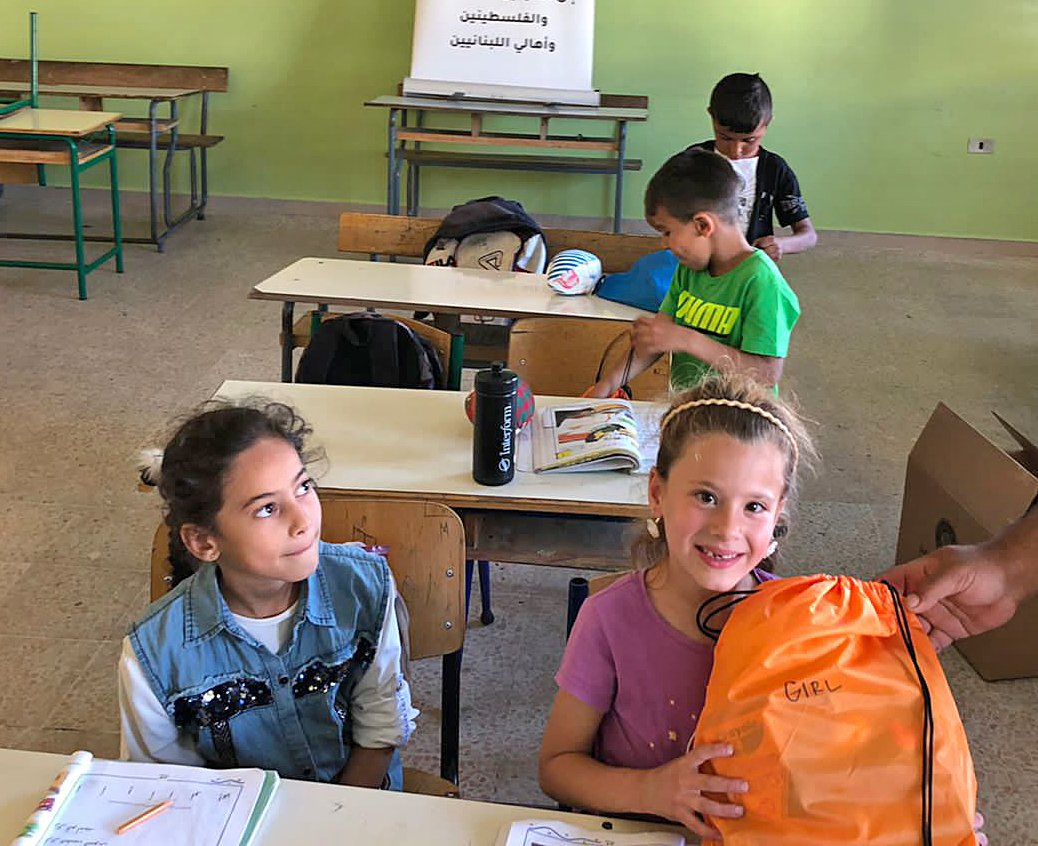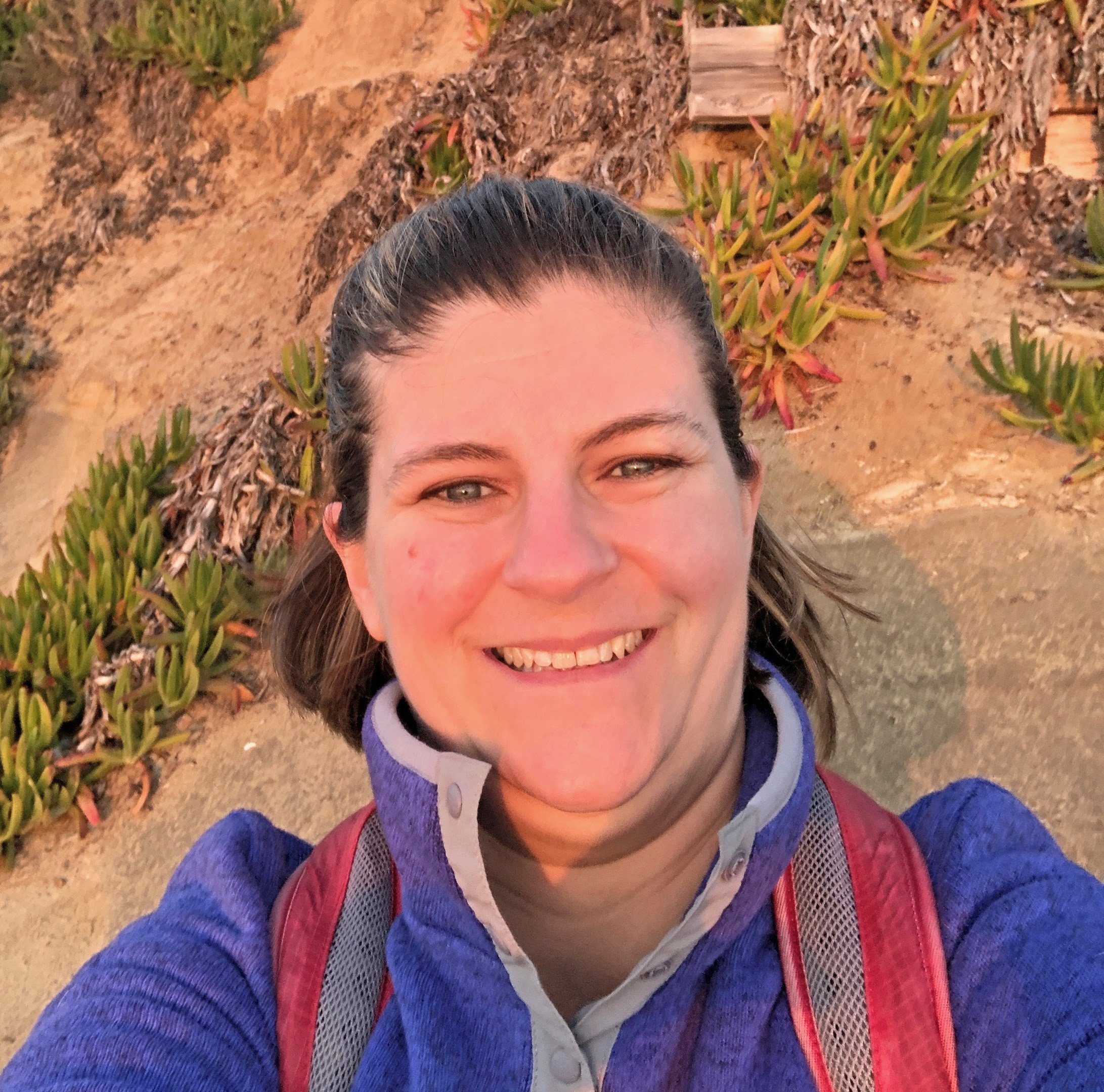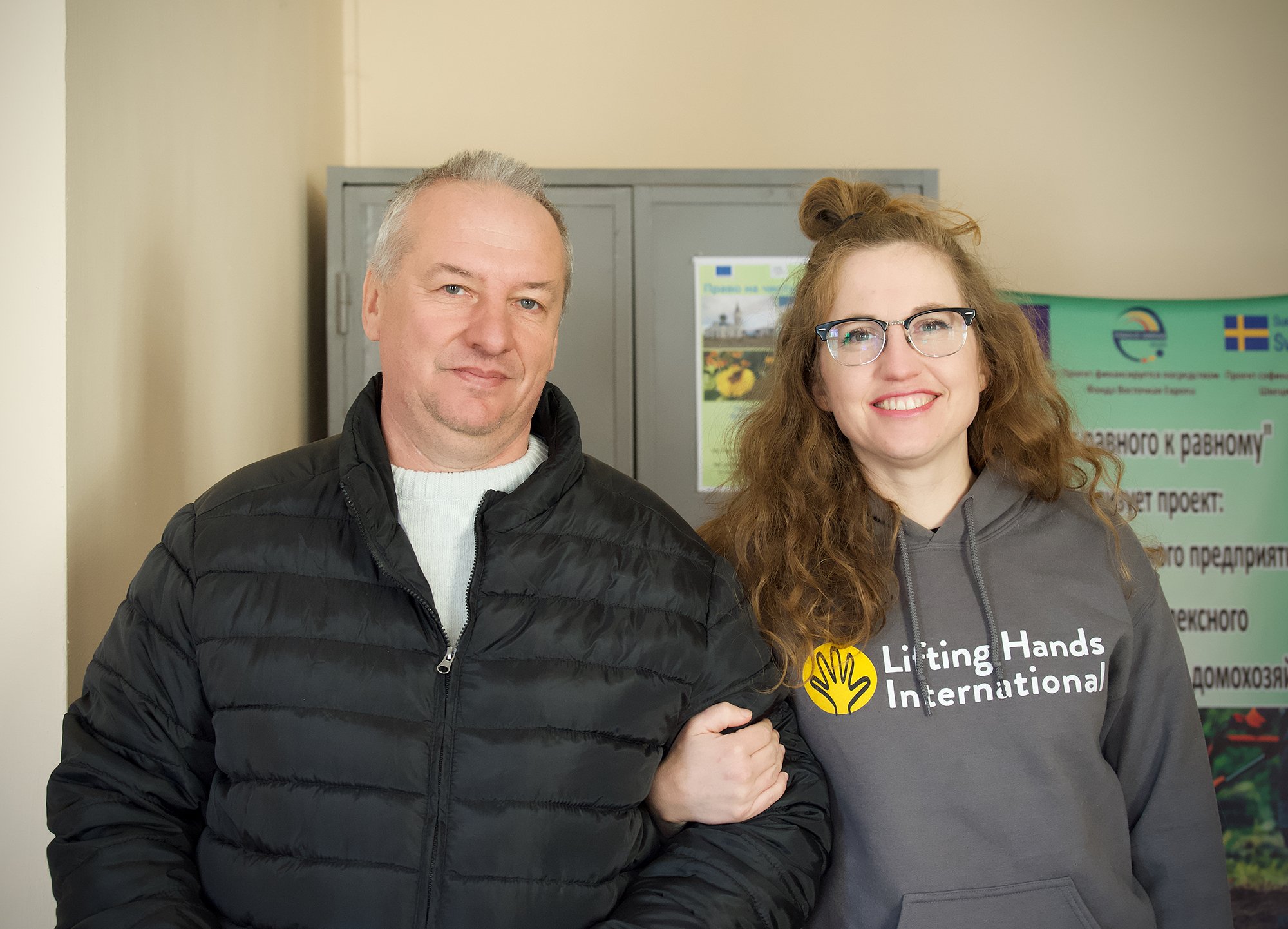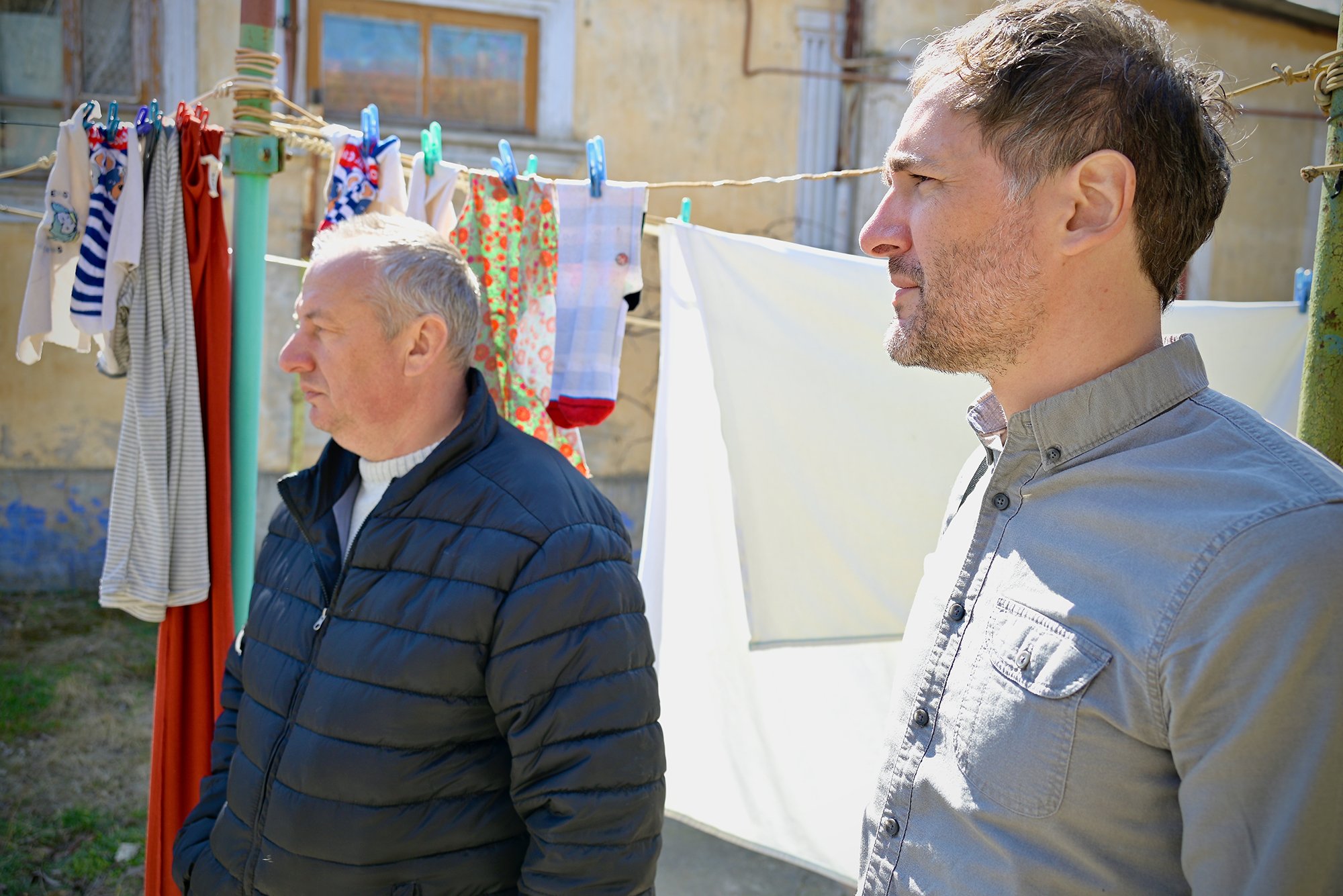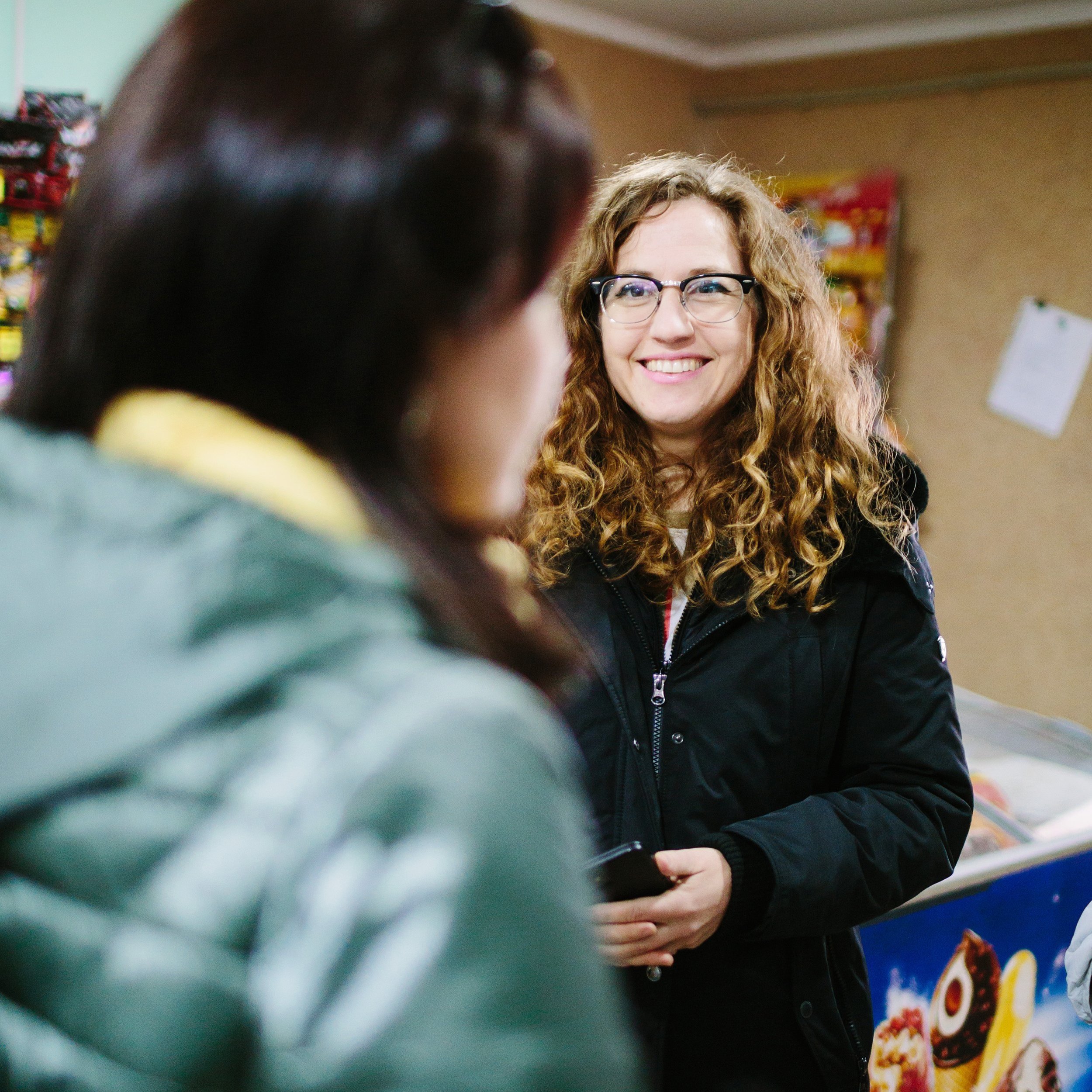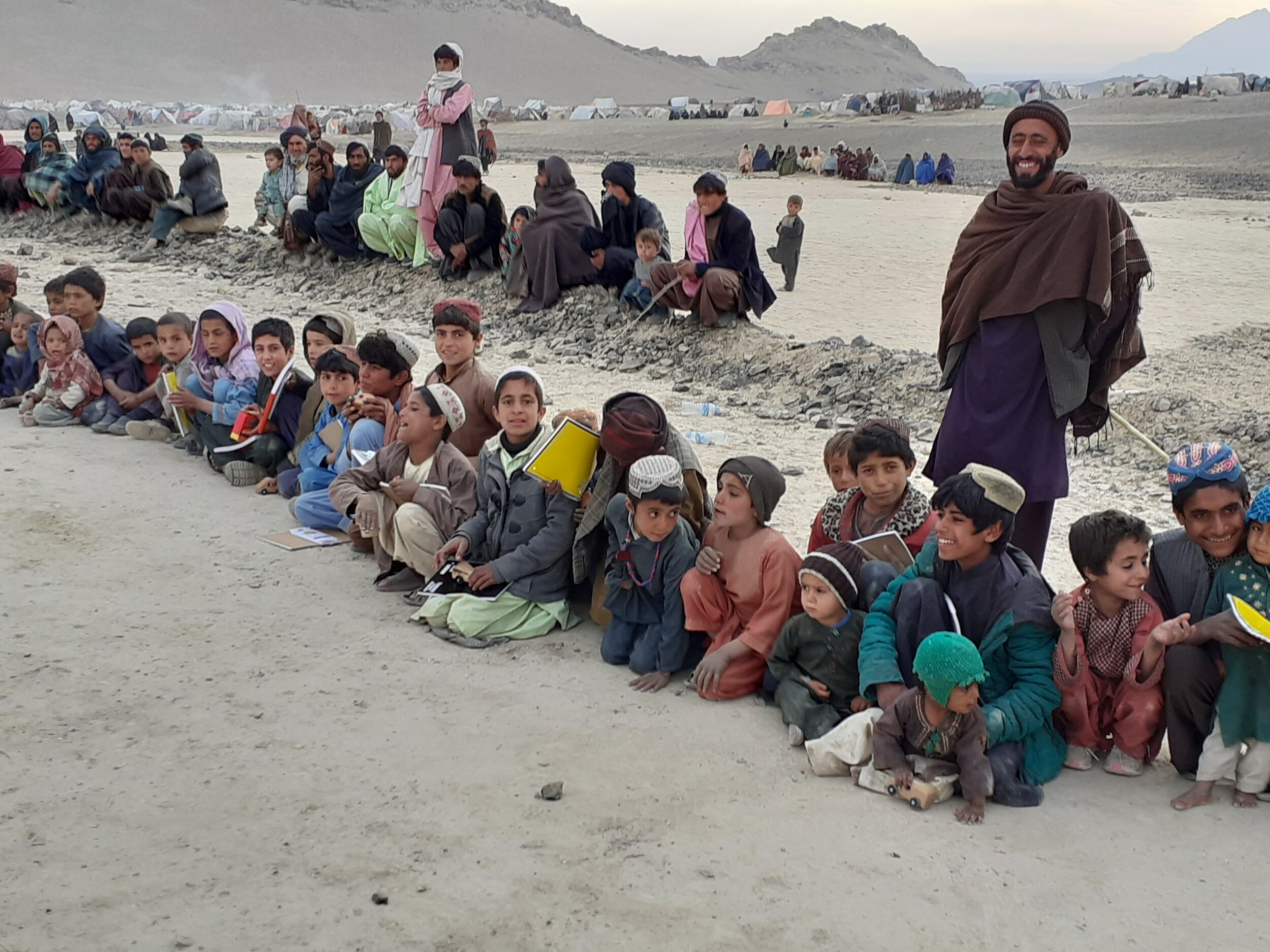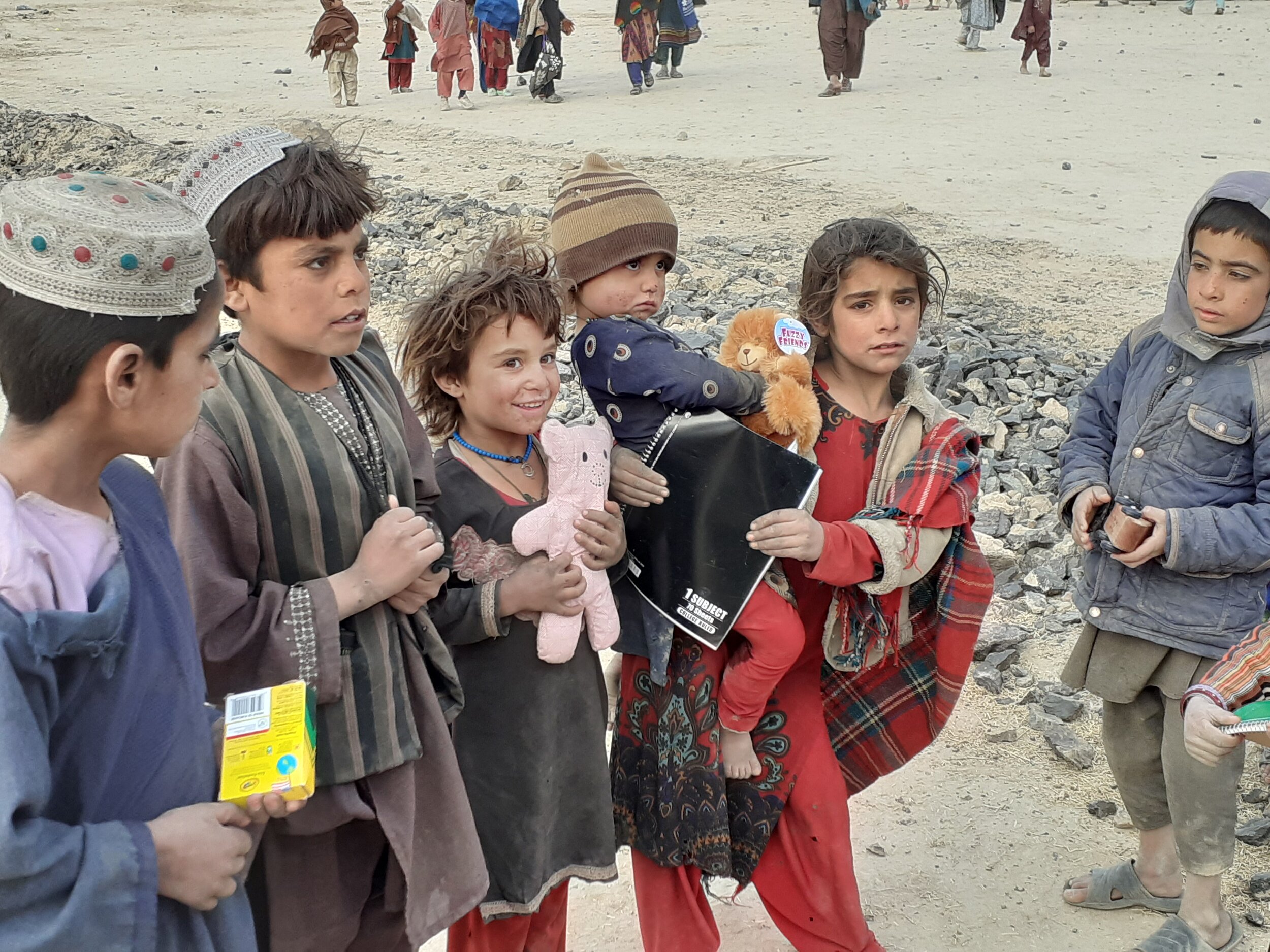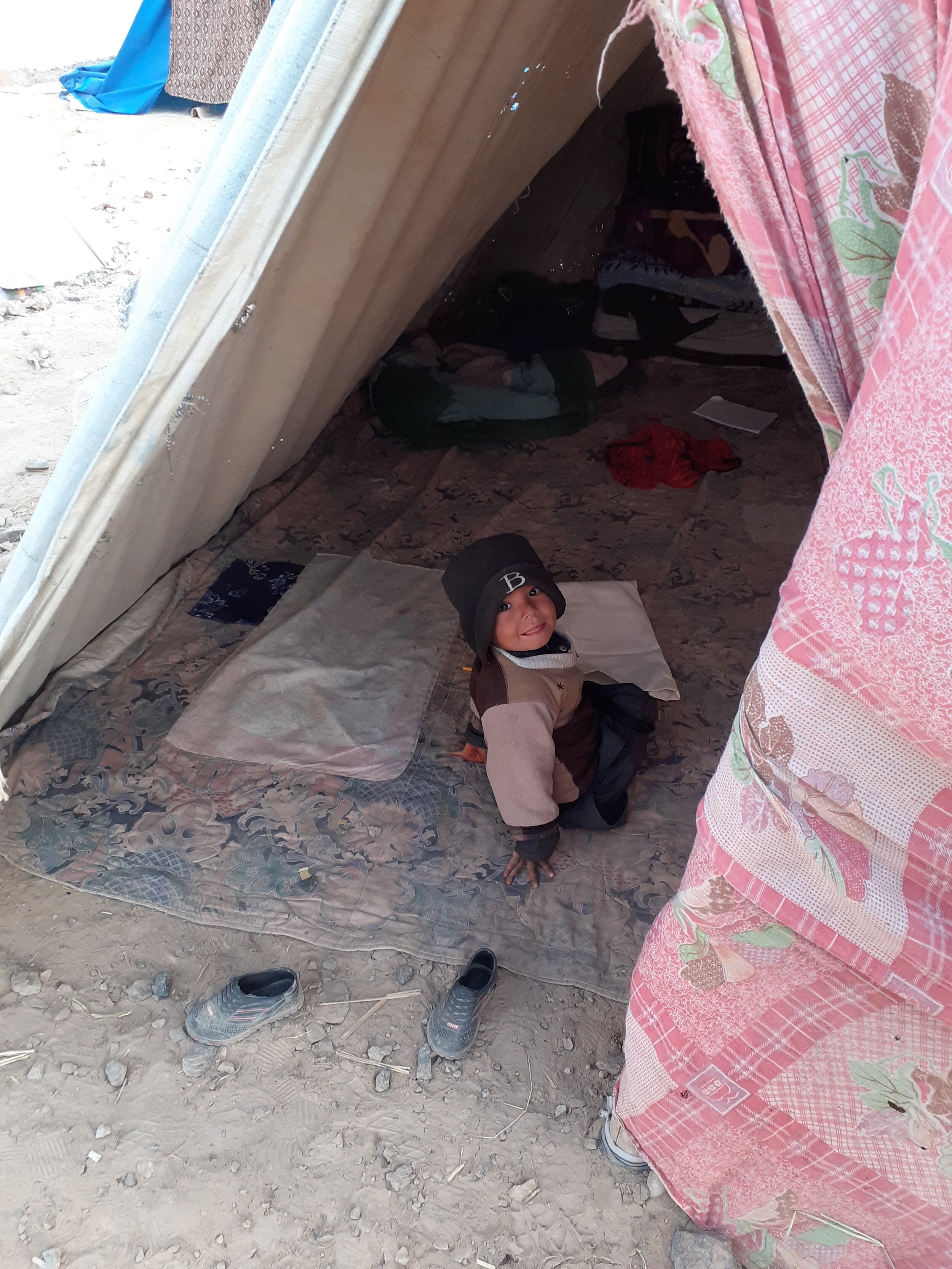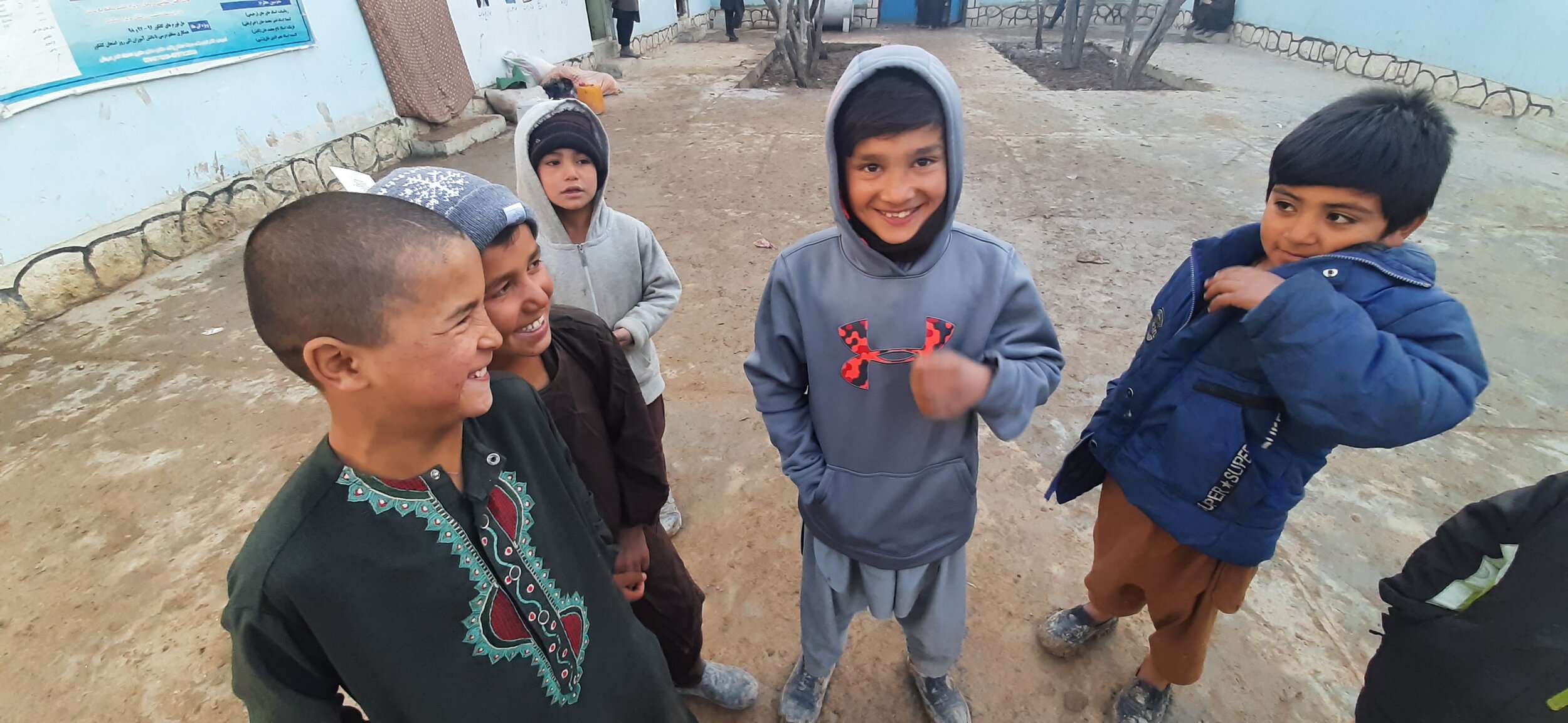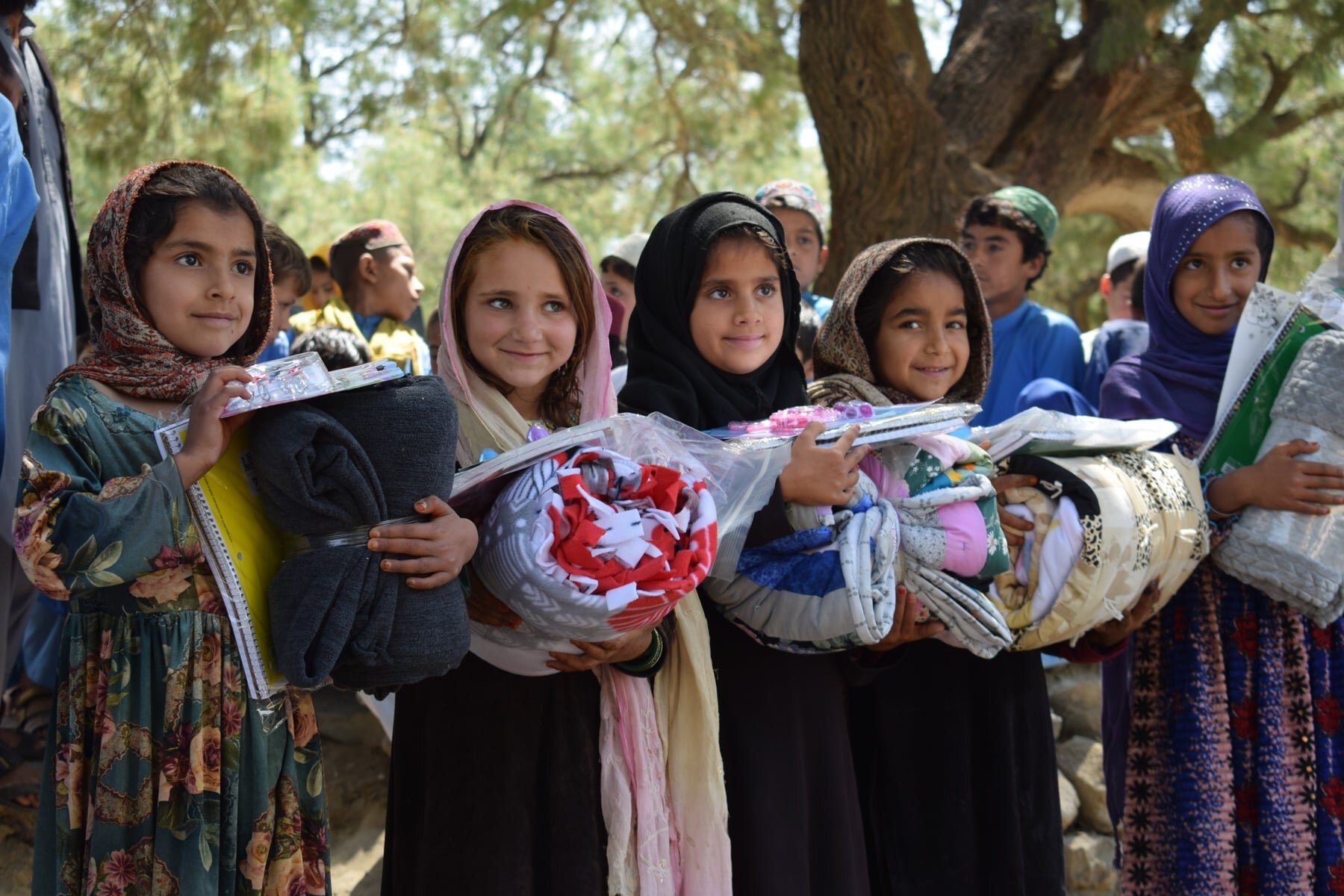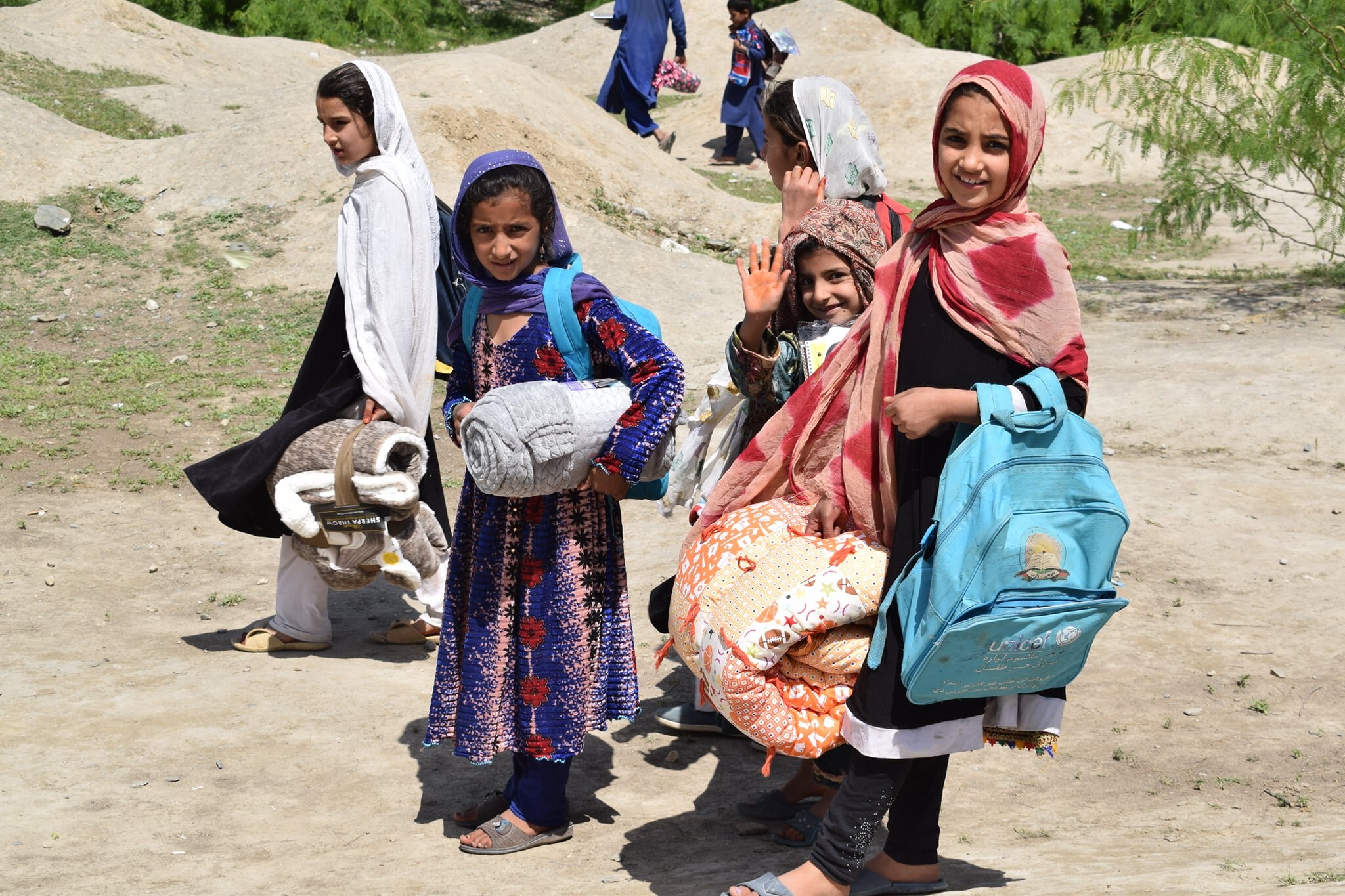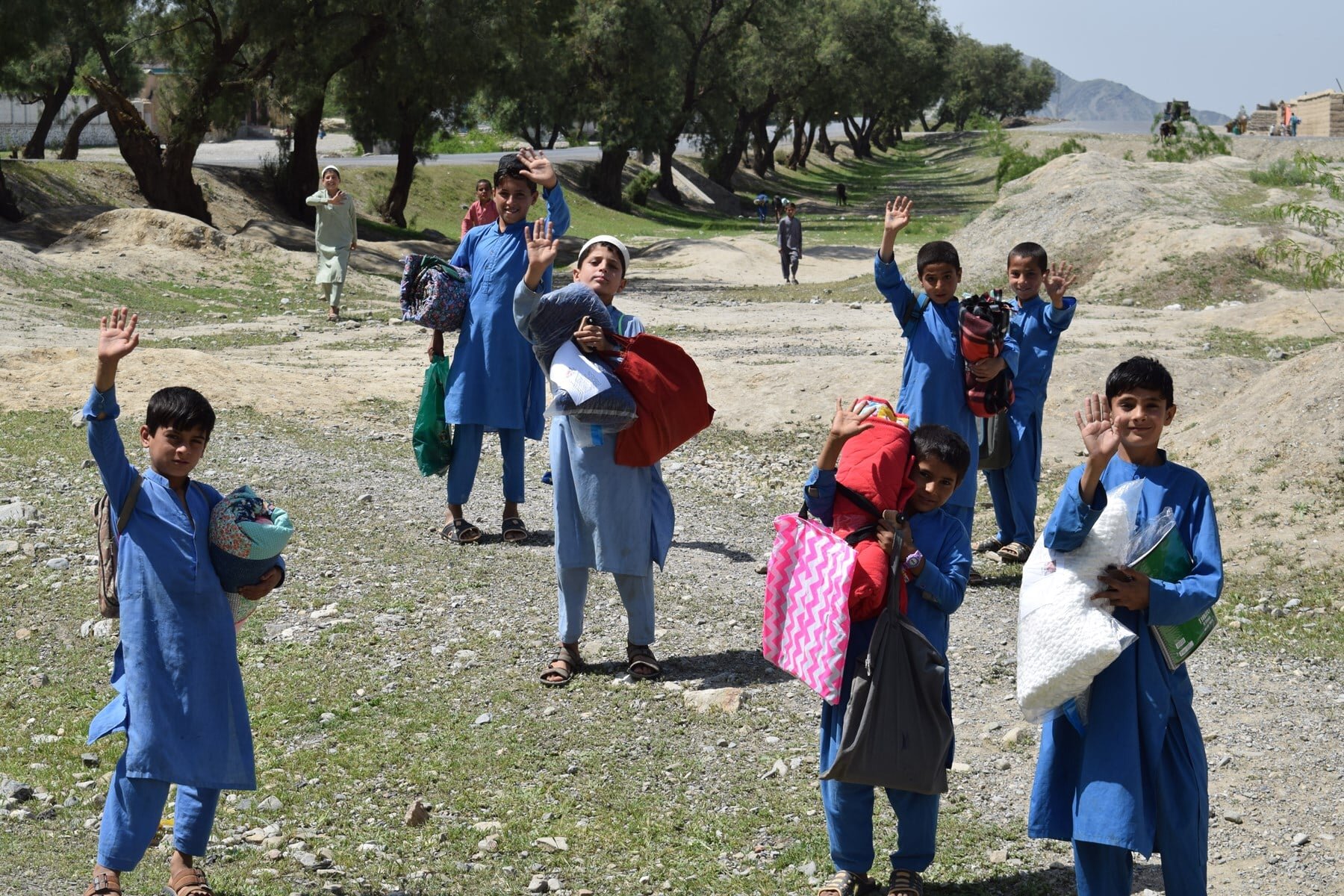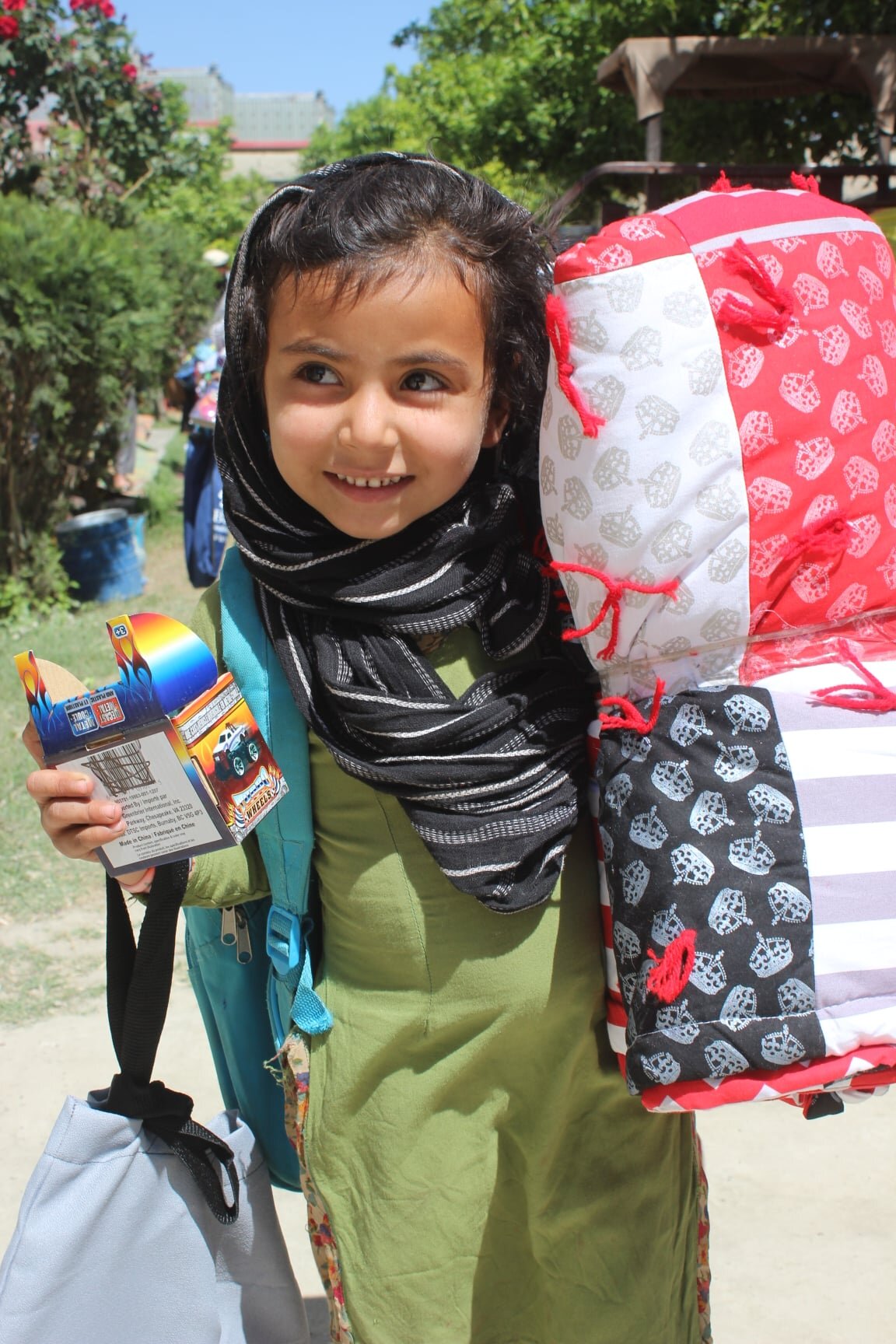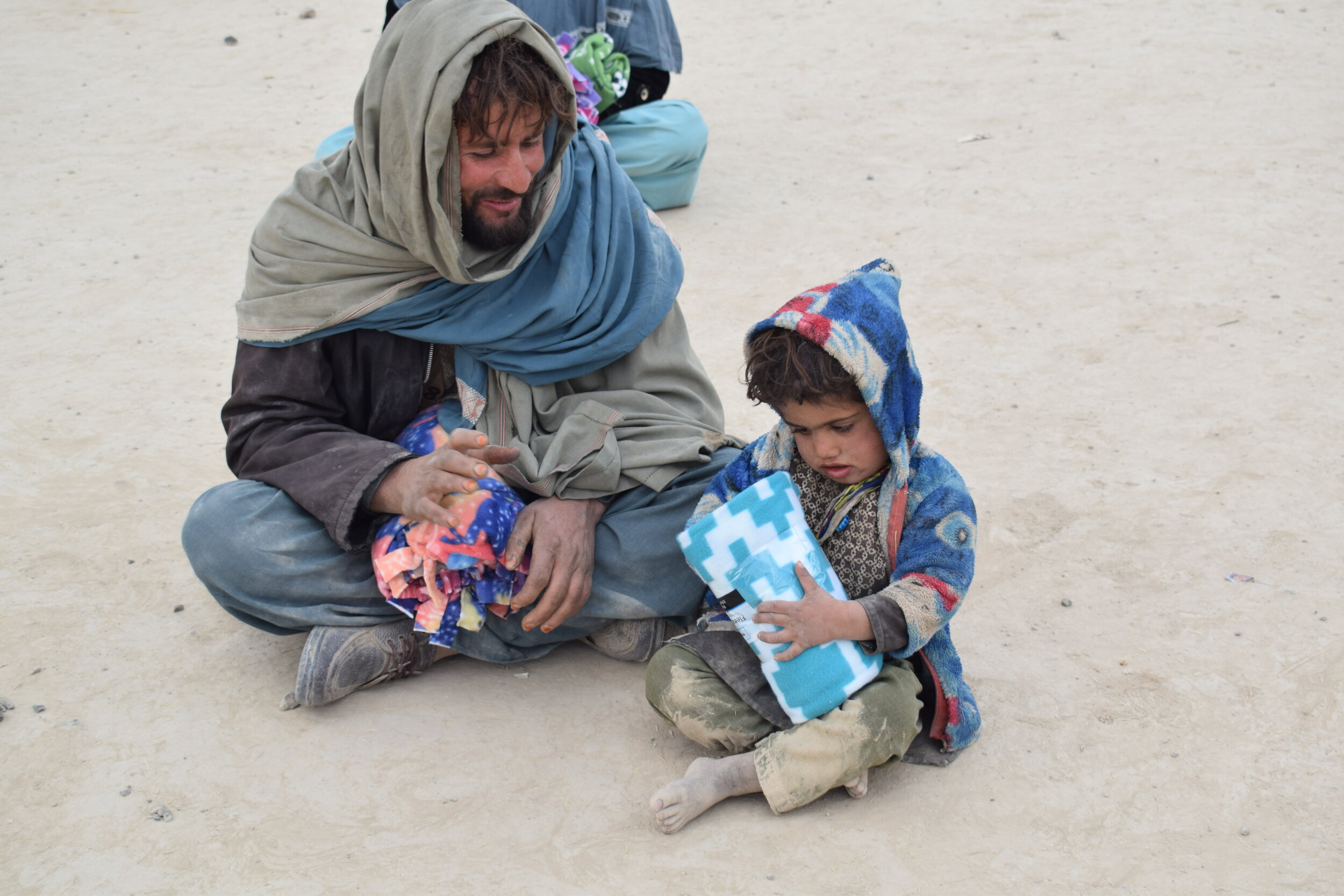by: Hayley Smith, LHI Founder/Director
LHI Founder/Director Hayley Smith in Chernivsti, Ukraine, on her birthday.
I’m less enthused about birthdays these days. So, when my 39th birthday happened to land on a very busy work day in Ukraine, a gas station hot dog en route from Odessa to Khryvi Rih was enough of a celebration (instead of using a bun, they stuff them into freshly toasted bread sleeves—they’re a national treasure). Minutes later, a large military jet flew low and right over us. It was such a bizarre juxtaposition of events—seeing a reminder that we were in a war zone and while munching on a birthday hot dog.
Lunch with our friend Liza. Normal life goes on, but now with church windows boarded up and the periodic background drone of air raid sirens.
This isn’t the first time I felt like I was in a twilight zone here. A few days before in Chernivtsi, we ate dinner at a busy Asian fusion restaurant blasting Europop. Teenagers played football/soccer across the street while the air raid siren would occasionally sound in the background. Odessa and Lviv feel vibrant and back to life, despite sandbags and anti-tank hedgehogs (metal structures that look like huge toy jacks) concentrated at busy intersections, bridges, and historic buildings. The streets are bustling until mandatory curfew comes around at 10 pm and the city turns quiet and dark.
But in Kryvyi Rih, the city where I spent my birthday, it is clear that Ukraine is very much a war zone. Artillery is hitting 15 miles away from the city. Internally displaced Ukranians arrive daily. The local hospital treats frontline soldiers. The three different sirens blare, making a dissonant chord.
Hayley with Priest Vasiliy (left) and Father George (right) in Chernivtsi.
Needless to say, this is not a birthday trip. We are here to meet the ordinary Ukrainian people and local organizations that LHI has partnered with to get work done at a grassroots level. For example, we met Father George who turned a seminary in Chernivtsi into a shelter that houses around 30 people. We also met Stas, a local business owner who built a two-story shelter in an empty basement to house women and children. These are two of our many projects that you’ll be hearing about soon.
LHI’s Jaron (left) is tall, but Stas, a local business owner who built a two-story shelter near Lviv, is VERY tall.
I am more than 6 years into humanitarian work through LHI now. Even though I’m currently in the heart of Ukraine, I can’t help but think about refugees displaced by other conflicts around the world, such as the Syrian Civil War and the ISIS attack on Sinjar, to name a few. How easily we forget when the news cycle moves on. Yet, I am also in awe of the way ordinary people look out for each other in extraordinary circumstances. This includes all of you who make the work Lifting Hands International does possible through your donations and volunteer work. You (and hot dogs in bread sleeves) are the best birthday present I could ever ask for!
Click here to learn more about our ongoing relief efforts in Ukraine.






